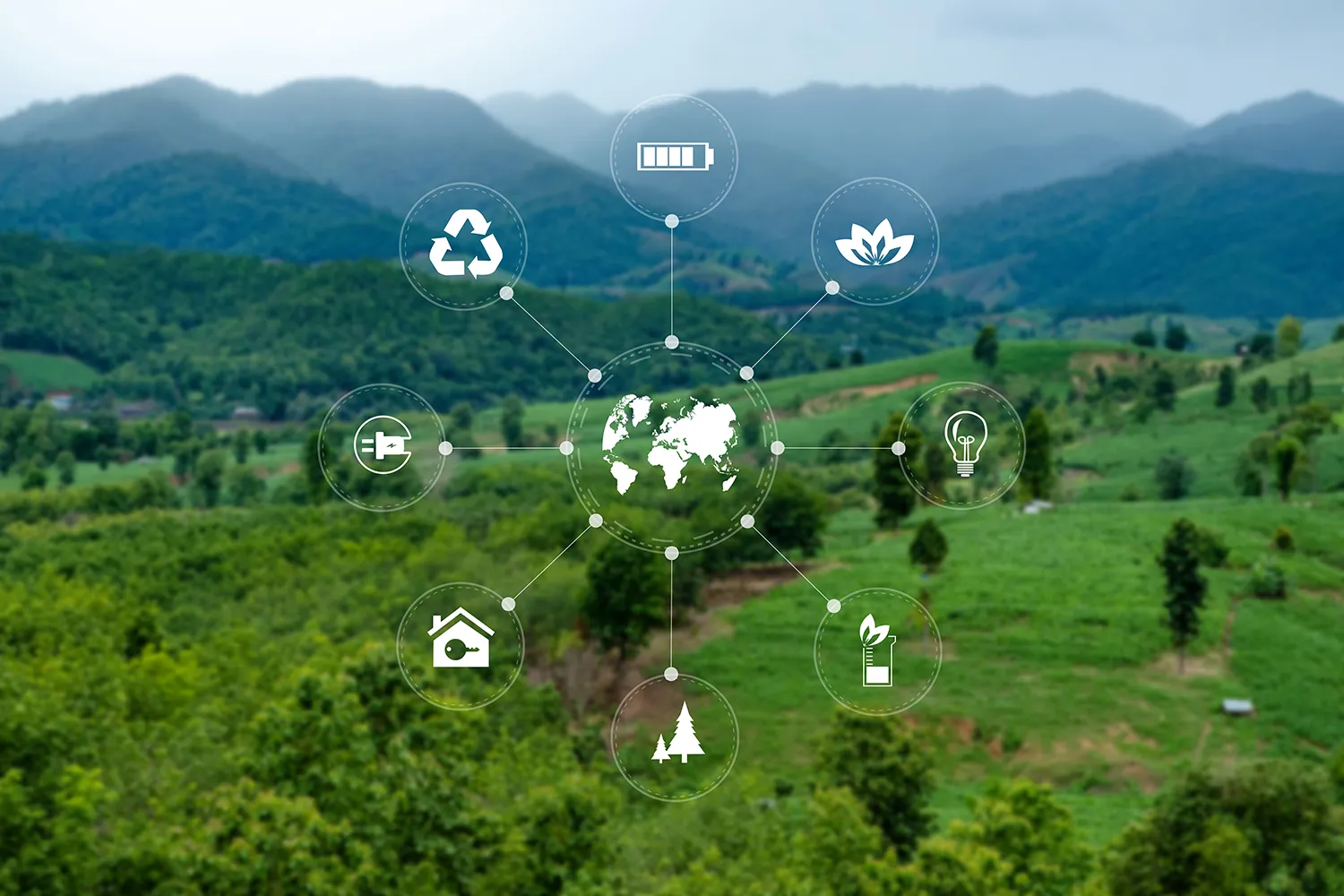Rusal, En+, and Sberbank Partner to Build AI-Driven Climate Tech for the Future

A landmark collaboration aims to use machine learning and carbon credits to forecast climate risks in Siberia—and potentially reshape global sustainability infrastructure.
A New Foundation for Climate Collaboration
Russian industrial leaders Rusal, En+, and Sber have signed a strategic agreement to jointly explore and develop AI models for climate forecasting. The initiative will focus on predicting climate-related risks in key regions like Siberia, with plans to improve short-term projections for temperature, storm winds, and hydrological activity affecting assets like the Krasnoyarsk hydropower plant and Lake Baikal.
“AI today is as transformative as electricity was 150 years ago—it makes us more efficient and smarter,” said Rusal CEO Evgeny Nikitin. “Together with our partners, we’re expanding its application where it really matters—for the environment, the economy, and for people.”
The AI models are expected to undergo regular updates, improving their accuracy and utility over time.

Carbon Credits as Payment? That’s New.
One of the more unconventional aspects of the agreement is its financial structure. Carbon units—traditionally used in emission offsetting—will now function as currency to pay for analytics used in forecasting physical climate risks. For Russia, this marks the first instance of such a transactional model.
According to Irina Bakhtina, Deputy CEO for Sustainability at En+, the approach could pave the way for wider adoption of carbon-based exchanges and help create a systemic climate risk management model.
Sharing Know-How to Secure the Planet
The three companies plan to share insights from their climate tech work, with aspirations to scale solutions for both domestic and international use. Russia’s regions stand to benefit first, particularly those vulnerable to flooding, high winds, and energy disruptions.
The collaboration is also expected to boost Russia’s digital infrastructure, establishing climate analytics and carbon credit systems as viable, scalable sectors. These tools could give rise to a full-fledged market for environmental AI technologies, while creating opportunities to export scalable climate risk management systems worldwide.

Not Their First Climate Rodeo
The partners aren’t strangers to sustainability. Rusal began a forest-climate initiative with Russia’s Federal Forestry Agency in 2023. In 2025, En+ signed an agreement with DOM.RF focused on climate resilience. Sber, meanwhile, has led AI analytics projects to protect Lake Baikal.
Globally, AI is becoming a staple in climate science. In the U.S. and Europe, models like GraphCast (Google) and AIFS (European Weather Agency) are already producing medium-range weather forecasts with sub-degree spatial resolution. Russian institutions hope to bring comparable capabilities to the domestic landscape.
Export-Ready Climate Tech
The Rusal–En+–Sber partnership is also aligned with a broader national effort. Russia is building a national climate monitoring system to improve tracking of emissions and atmospheric changes. Government funding is helping subsidize new products, while companies are gearing up to integrate AI solutions into everything from energy to utilities.
Officials say these technologies are being positioned for export to BRICS nations, Latin America, Southeast Asia, and the Middle East. As more regions demand local climate data, Russian AI products could fill a growing gap in environmental infrastructure.










































